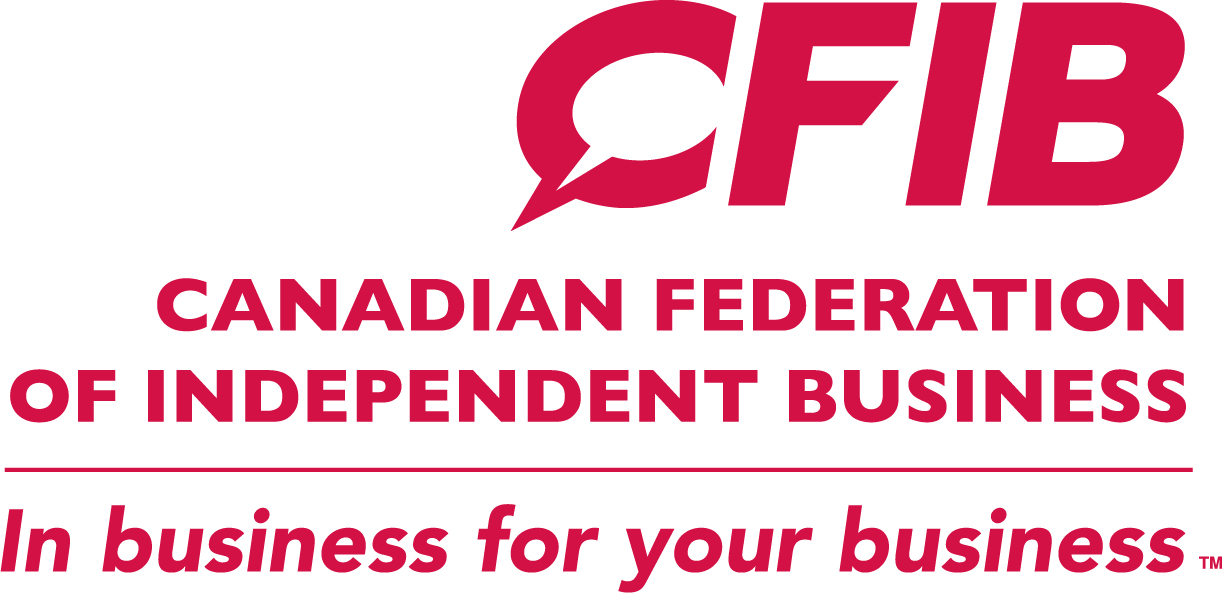New CFIB data confirms labour shortage in hospitality sector, corrects TFW myths
TORONTO, May 9, 2014 /CNW/ - The businesses that drive Canada's economy say there is, in fact, a labour shortage, and those that hire Temporary Foreign Workers, including restaurants, only do so after looking far and wide for Canadian talent.
Survey data from the Canadian Federation of Independent Business (CFIB) corrects a number of misconceptions about labour shortages and how small and medium businesses use the Temporary Foreign Worker Program (TFWP). These misconceptions have added fuel to a public backlash against the TFWP stemming from stories of alleged abuse, and have led government to close off the program to small businesses in the restaurant sector, some of which may not survive without it.
"Eight out of ten small businesses looking to hire staff in the last three years had difficulty doing so. Among restaurants and other hospitality businesses looking to hire, 85 per cent had trouble," said CFIB president Dan Kelly. "There are some jobs that Canadians are not flocking to and wages are only part of the story."
Even businesses that turned to the TFWP left no stone unturned looking for Canadian workers first. After expanding their recruitment efforts across the country, 72 per cent increased the wages they were offering before turning to foreign workers (83 per cent in hospitality). Another 55 per cent of hospitality firms introduced or expanded employee benefit programs – a considerable challenge in a sector known for tight margins and high business failure rates.
"The notion that employers are hiring temporary foreign workers to save money is, quite frankly, laughable," added Kelly. "Hiring through the TFWP is complicated, it's time-consuming, and much more costly than hiring local. Employers much prefer to hire Canadians if local staff are willing and able to do the job."
Also clear from the survey, small business owners do not condone abuse of the system. When asked, 85 per cent said misuse of the TFWP should result in that business losing access. "Small businesses want the program to be used appropriately," concluded Kelly, "but shutting down access for sectors that need the workers and follow the rules is deeply unfair and will do serious damage to the affected firms."
For a summary of the findings, go to www.cfib.ca. CFIB is actively lobbying the federal government for an end to the moratorium and will release detailed recommendations next week.
CFIB is Canada's largest association of small and medium-sized businesses with 109,000 members across every sector and region.
SOURCE: Canadian Federation of Independent Business

please contact Al Maggi at 416-455-7824 or [email protected]

Share this article